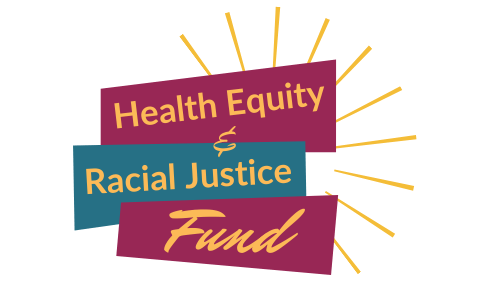Community-based organizations are our testing and vaccination sites, food distributors, racial justice innovators, restorative justice promoters, climate justice incubators, and more. They know their neighbors’ distinct needs, are fluent in every language spoken in California, and importantly, know how to implement effective solutions that work at the local level. Those may include:
- Expanding the number of sites for community gardens, strengthening regional food systems through urban and small-scale farming, make nutritious foods more affordable and accessible in low-income areas while decreasing new fast food/unhealthy food outlets.
- Increase culturally and linguistically appropriate community-based crisis responses and care options as alternatives to policing and other carceral responses.
- Increasing diverse forms of accessible, walkable, and connected green spaces.
- End “supermarket redlining,” a process in which larger supermarket retailers refuse to open storefronts in low-income areas and close existing outlets in lower-income neighborhoods as a result of racism and fear of lost revenue.
- Advocate for zoning and land use policies that prevent exposure to toxic pollutants, such as installation of green barriers between roadways, regulations regarding housing proximity to freeways, ports, and other sources of air pollution.
- Increasing domestic violence shelters that accept teenagers or bystander training programs for hate crimes.
- Decreasing vaccine hesitancy in communities of color.
